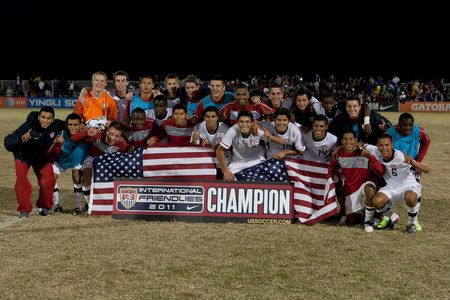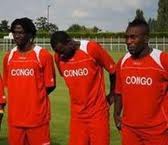Germany in the Brazil World Cup 2014 finals. The Brazilians are all rooting against the Argentinians, so there’s a core fan base. But then word gets out Hitler once supported the German national team. Then people bring up the old taboo of Nazis hiding out in Brazil and then counter allegations of Nazis in Argentina. Public opinion sways rapidly against Germany (amnesia or foolish forgetful forgiveness had set in at some point over the last 60 years) and the country’s PR department has to act fast.
[Editor’s note: The ongoing Dictators and Soccer series includes other installments on Kim Jong-il of North Korea, the Military Junta of Argentina, Nicolae Ceaușescu of Romania, Pope Benedict XVI of the Vatican and Mobutu Sésé Seko of Zaïre.]
The German spin doctors swiftly publish incontrovertible evidence that Hitler never actually supported the German side. Far from it. In fact, in the one known Fürher appearance at a soccer match, the 0-2 defeat to Norway at the Berlin Olympics, humiliation at his own doorstep, he left at halftime muttering one choice obscenity or other, a distasteful experience that put him off the sport for good.
This is fact. May the press conference enter into evidence Exhibit A. [[shuffled papers]]

Fun fact about Adolf Hitler and soccer, also true (the PR machine and the German press conference, not true). Word on the street and a 1998 article “The 50 Worst Famous Football Fans” in The Times had it Adolf was a fan of Schalke 04, six-time German/Austrian champs during the Nazi era. Modern-day Schalke went so far as to launch an investigation and issue formal response that no photographic evidence whatsoever existed linking him at any club matches. The letter to The Times from Schalke PR is hilarious for the use of “bugger,” if nothing else. Exhibit B:
Formal refutations of previous past unassailable der diktator fandom. Now that’s up-to-the-minute unpopularity.


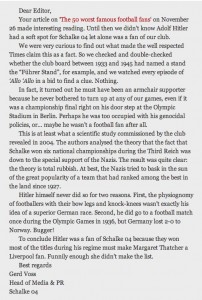
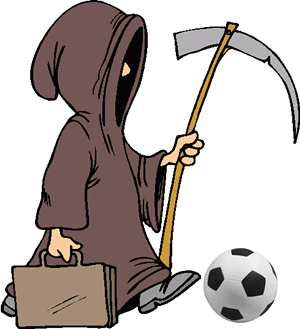
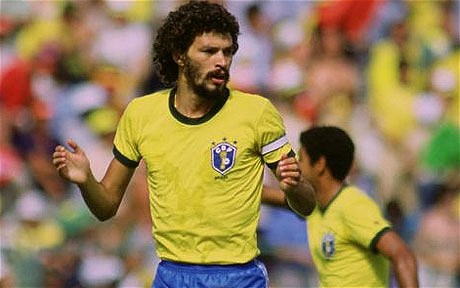
![[soccer1204]](http://si.wsj.net/public/resources/images/OB-QW036_soccer_D_20111204121118.jpg)
